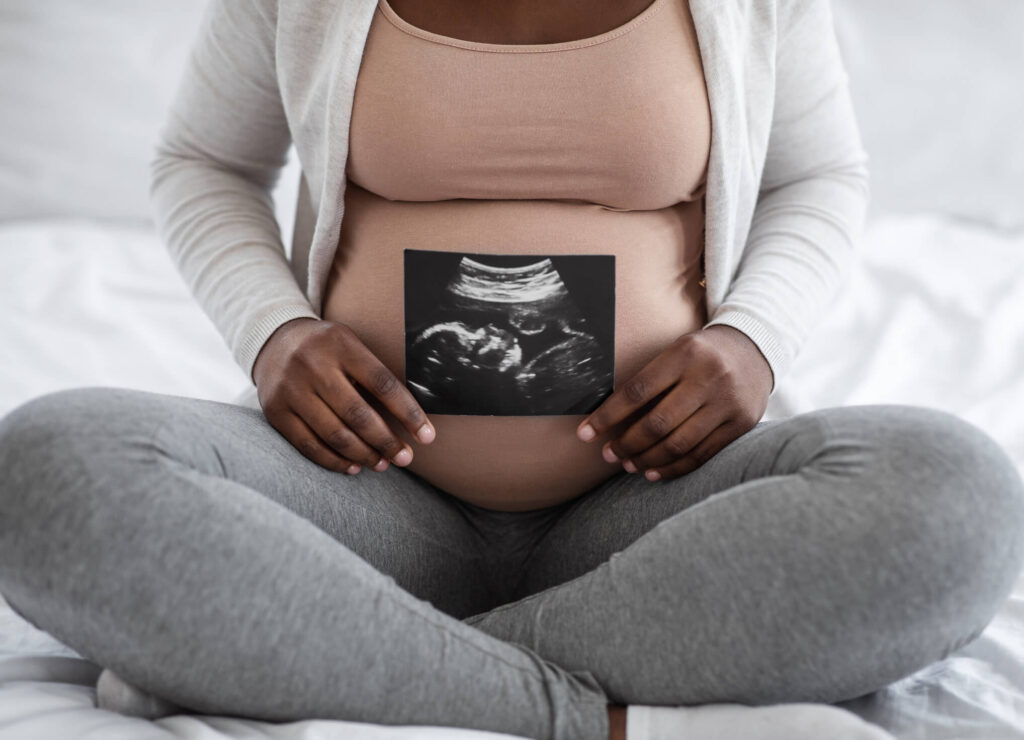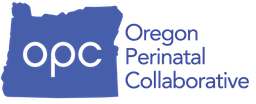
Black Maternal Health Week
Black Maternal Health Week is April 11-17, 2024. This week presents an opportunity for us to come together and focus our spotlight on the critical issue of Black maternal health.
Find out more about HRSA’s programs to strengthen Black maternal health, read or watch featured stories, learn about the difference Black doulas are making and more here.
Together, let’s raise awareness, drive action and advocate for positive change in Black maternal health. Your voice matters.
- Use HRSA’s social media toolkit
- Use the following hashtags on social media: #BMHW and #HRSAhelpsMoms
Resource: Urgent Maternal Warning Signs

The Alliance for Innovation on Maternal Health (AIM) has available signage listing common symptoms that indicate the possibility of a serious maternal health concern. These patient-focused materials are a colorful addition to any practice setting and are available in a variety of languages.
Save the Date for the OPC Annual Summit!
When: October 18, 2024
Where: Providence Willamette Falls Community Center
More details to come.

CMS Opportunity: Transforming Maternal Health Model
This spring, the Centers for Medicare & Medicaid Services (CMS) is going to announce a funding opportunity for state Medicaid agencies related to the new Transforming Maternal Health (TMaH) Model.
The TMaH model focus exclusively on improving maternal health care for people enrolled in Medicaid and Children’s Health Insurance Program (CHIP). The model will support participating state Medicaid agencies in the development of a whole-person approach to pregnancy, childbirth and postpartum care that addresses the physical, mental health and social needs experienced during pregnancy. The goal of the model is to reduce disparities in access and treatment. The model aims to improve outcomes and experiences for mothers and their newborns, while also reducing overall program expenditures.
The TMaH Model will center on three main pillars:
- Increasing access to care, infrastructure and workforce capacity. Applications should focus on expanding access to and workforce of midwives, doulas and perinatal community health workers.
- Implementing quality improvement and safety projects. Programs will focus on implementing patient safety bundles aimed at improving health outcomes for both birthing people and babies as well as helping health systems achieve the federal designation of “Birthing Friendly.”
- Supporting whole-person care delivery. Agencies will focus on the development of unique birthing plans and connecting birthing people with the necessary social and community supports to address their individual needs.
Improving Joy in Work: an Institute for Healthcare Improvement (IHI) Framework

Improving Joy in Work: an Institute for Healthcare Improvement (IHI) Framework
Health care professionals face mounting pressures, leading to burnout and high staff turnover rates. Burnout and a lack of joy not only impact individual staff engagement and satisfaction, but also patient experience, quality of care, patient safety and organizational performance.
IHI has produced a white paper that outlines a systemwide approach to improving joy in health care work by analyzing efforts in other sectors and applying the IHI framework.
Key topics include:
- The importance of joy in work (the “why”).
- Four steps leaders can take to improve joy in work (the “how”).
- The IHI Framework for Improving Joy in Work: nine critical components of a system for ensuring a joyful, engaged workforce (the “what”).
- Key change ideas for improving joy in work, along with examples from organizations that helped test them.
- Measurement and assessment tools for gauging efforts to improve joy in work.
Download the free white paper here: IHI Framework for Improving Joy in Work.
Severe Hypertension in Pregnancy Patient Safety Bundle

Interested in learning more about the next OPC initiative? For more information on the Alliance for Innovation on Maternal Health’s Patient Safety Bundle on Severe Hypertension in Pregnancy, follow this link for a list of resources.
OPC Hospital Outreach Initiative
The Oregon Perinatal Collaborative has visited 15 of the 47 birthing hospitals in Oregon so far as part of their efforts to strengthen or build relationships and to ensure that our quality improvement initiatives are responsive to the needs of Oregon hospitals and communities.
We’ll be reaching out to schedule a listening session with maternal and newborn staff leaders at each hospital to learn about the challenges hospitals face in providing care and how the OPC could support each hospital in quality improvement. We’re looking forward to these meetings!
Have a contact at your hospital OPC should reach out to? Please contact akersons@ohsu.edu.
Previous Newsletters
Due to a synching error, some contacts may not have received the March OPC Newsletter. If you didn’t receive the March edition, or would like to read it again, you can find a link on the news and events section of the OPC website.
 |
| Our work is supported by cooperative agreement NU58DP006358, funded by the Centers for Disease Control and Prevention as well as funding from the Oregon Chapter of the March of Dimes. Additional in-kind donations have been made through Comagine Health, Oregon Health & Science University, and our generous volunteers. |



